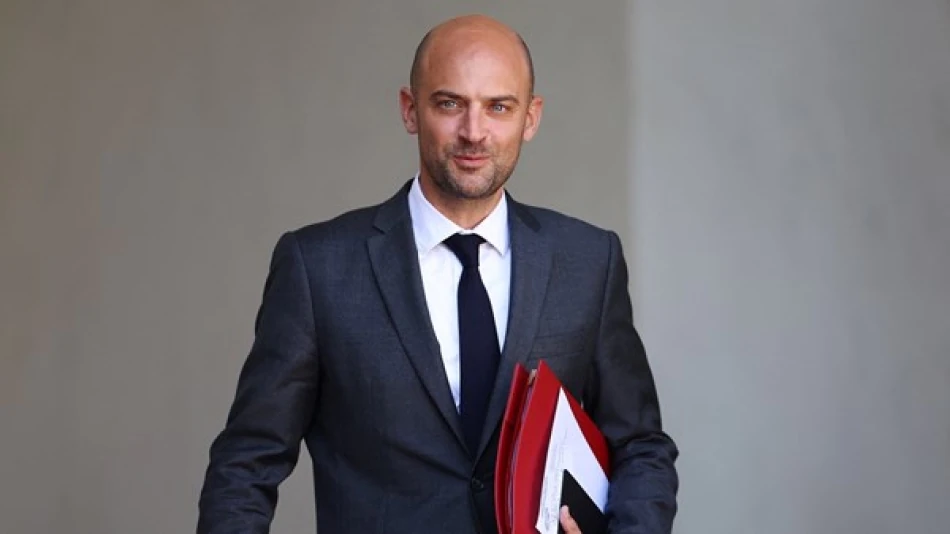
French Foreign Minister Holds Talks in Greenland: Exploring Diplomatic Ties and Arctic Collaboration
France Doubles Down on Greenland Diplomacy as Arctic Tensions Rise
French Foreign Minister Jean-Noël Barrot's visit to Greenland this weekend represents more than diplomatic courtesy—it signals Europe's determination to counter growing geopolitical pressure on the strategically vital Arctic territory. The trip comes amid renewed international interest in Greenland's vast mineral resources and shipping routes, positioning France as a key European ally in Denmark's efforts to maintain sovereignty over the autonomous region.
Strategic Timing of High-Level Engagement
Barrot's visit to Nuuk, Greenland's capital, follows an invitation from his counterpart Vivian Motzfeldt and includes meetings with Prime Minister Jens Frederik Nielsen. The French Foreign Ministry emphasized that the visit will "highlight the depth of our bilateral friendship and demonstrate France's solidarity with Denmark, Greenland, and the Greenlandic people."
The diplomatic mission includes a notable military component—Barrot will visit the French naval vessel BSAM Garonne, underscoring the security dimensions of Arctic cooperation. This dual civilian-military approach reflects growing recognition that Greenland's future involves both economic opportunity and strategic defense considerations.
Building on Macron's Arctic Initiative
This visit builds directly on President Emmanuel Macron's groundbreaking trip to Greenland in mid-June, marking the first time a French president had visited the territory. Macron's visit was explicitly framed as expressing "European solidarity" with Greenland's people, establishing France as a champion of multilateral engagement in the Arctic.
The repeated high-level French attention suggests a coordinated strategy to strengthen European ties with Greenland at a time when the territory faces increasing international pressure and opportunity.
Arctic Competition Intensifies
Greenland sits at the center of intensifying great power competition in the Arctic. The territory holds significant deposits of rare earth minerals crucial for renewable energy technology, while climate change is opening new shipping routes and resource extraction possibilities. China has invested heavily in Greenland's mining sector, while the United States maintains a major military installation at Thule Air Base.
France's diplomatic offensive appears designed to offer Greenland and Denmark a European alternative to this binary choice between American security guarantees and Chinese investment. By positioning itself as a reliable partner that respects Greenlandic autonomy while providing both diplomatic support and potential economic cooperation, France is carving out a distinct European approach to Arctic engagement.
Implications for Arctic Governance
The sustained French engagement with Greenland could reshape Arctic diplomacy by demonstrating that middle powers can play meaningful roles in the region's future. Unlike the zero-sum approaches often associated with great power competition, France's emphasis on solidarity and partnership offers a model for how European nations might collectively engage with Arctic territories.
For Greenland itself, France's attention provides valuable diplomatic diversification. As the territory continues developing its autonomous capabilities and considering its long-term relationship with Denmark, having strong European partners could prove crucial for maintaining strategic autonomy while accessing the investment and expertise needed for sustainable development.
Most Viewed News

 Layla Al Mansoori
Layla Al Mansoori






